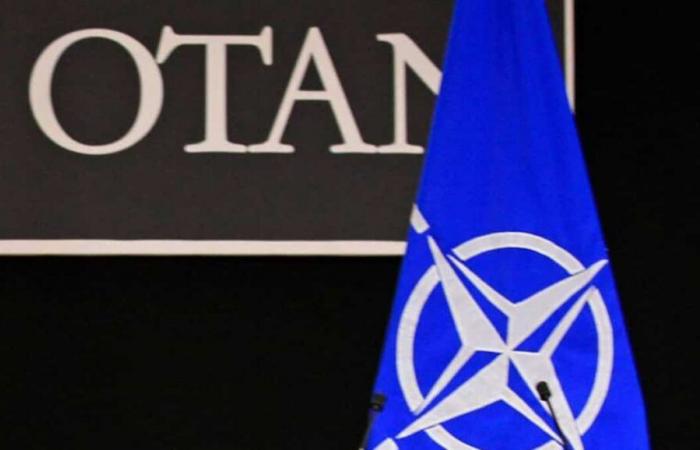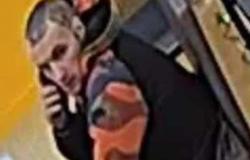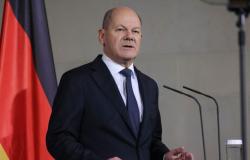Co-leader of the far-right Alternative for Germany (AfD) Tino Chrupalla said Germany should reconsider its NATO membership if the US-dominated alliance fails to take into account the interests of European countries, “including the interests of Russia”.
“Europe was forced to implement the interests of the United States. We reject this,” Tino Chrupalla told the German daily Welt.
“NATO is not currently a defense alliance. A defense community must accept and respect the interests of all European countries, including the interests of Russia,” added Mr. Chrupalla.
“If NATO is not able to ensure this, Germany must ask itself to what extent this alliance is still useful to us,” added the AfD co-leader.
The far-right party is credited with 18-19% of voting intentions in the polls before the early general elections which should be held on February 23, following the vote of confidence planned for Monday and which should lead to the dissolution of the Bundestag. Chancellor Olaf Scholz himself kicked off this dissolution by requesting a vote of confidence after the breakup of his government coalition in November.
The AfD’s score places the party ahead of Olaf Scholz’s Social Democrats, credited with 16-17%, and behind the conservative CDU-CSU bloc, leading in the polls with 31-32% of voting intentions.
The AfD is unlikely to form a government as other parties have ruled out cooperation with the far-right party.
But the party could still achieve notable electoral success, after a spectacular victory in Thuringia, one of the regions of formerly communist eastern Germany.
The far-right party has sharply criticized Germany’s military support for Ukraine and called for a quick end to the Russian-instigated war in 2022.
“The German government must finally get to the point of wanting to end the war,” said Chrupalla, whose colleague Alice Weidel will top the AfD list as the party’s candidate for chancellor.
“Russia won this war. Reality has caught up with those who claim to want to make Ukraine capable of winning the war,” said the far-right politician.
The conflict in Ukraine is expected to be one of the main themes of the campaign. Chancellor Scholz pledged lasting support for Ukraine, but advised caution, as he hopes to capture pacifist voices, particularly numerous in eastern Germany.
The chancellor has resisted calls to send long-range missiles that kyiv could use to strike Russian territory, amid fears Germany could be drawn into the conflict, and recently had direct contact with Russian President Vladimir Putin .






